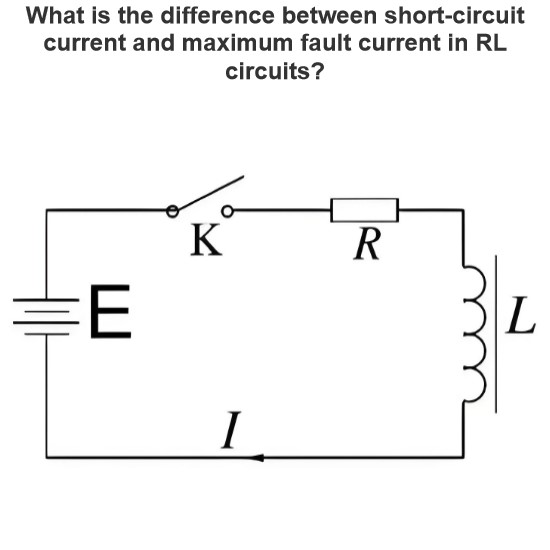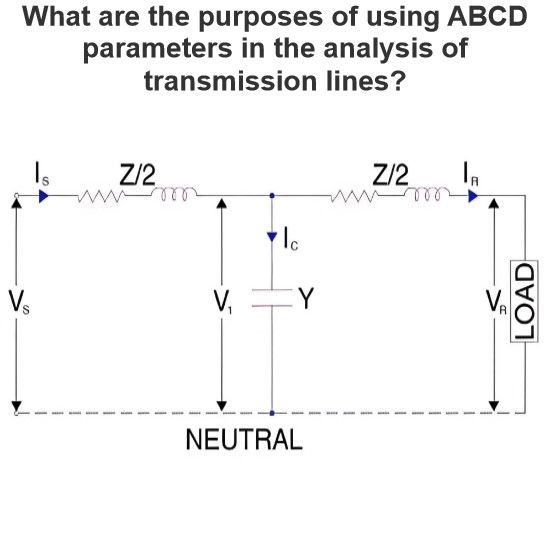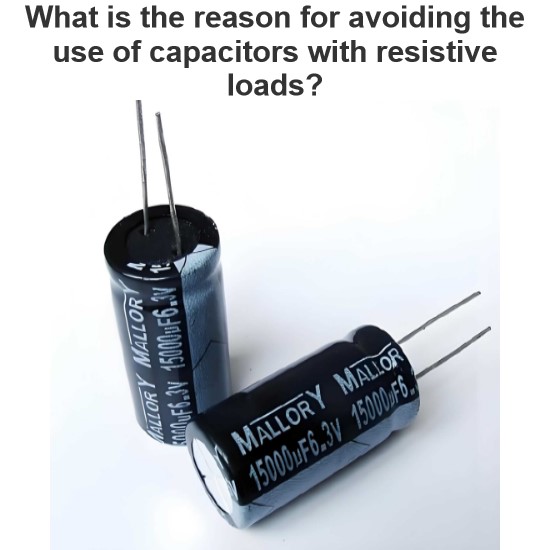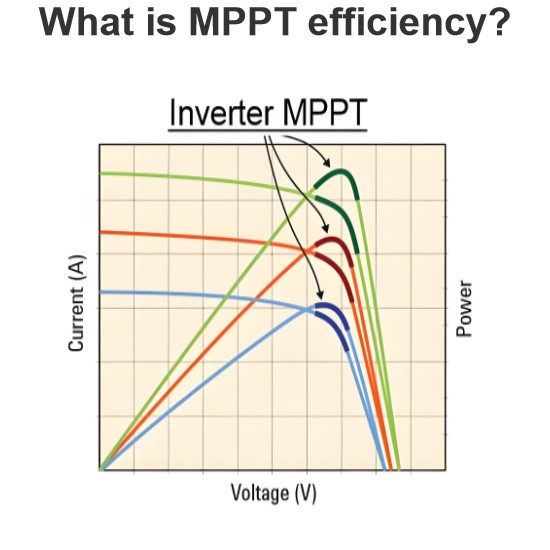How does the flow of electricity through the ground cause a fire hazard?
Electric current passing through the ground (i.e., through a grounding path) can pose a fire hazard mainly because the current generates heat when traveling through unintended paths. This heat can potentially ignite flammable materials nearby. Below are some mechanisms by which electric current passing through the ground can cause a fire hazard:
1. Overcurrent
Short Circuit: If the current travels through a path not designed to carry the intended current strength (such as the ground), it can result in a short circuit. A short circuit leads to a significant amount of current flowing through, generating a large amount of heat.
Overload : Even without a short circuit, if the ground becomes an additional path for the current, it can lead to an overload situation, thereby producing excessive heat.
2. Arc Flash
Arcs: When the current travels through the ground or other non-conductive material (such as air), it can produce arcs. Arcs can release a large amount of energy sufficient to ignite nearby flammable materials.
Sparks: Sparks generated by current passing through the ground can also ignite flammable materials.
3. Corrosion and Physical Damage
Corrosion: If there are metallic substances in the ground (such as pipes or rebar), the current can cause corrosion of these metals. Corrosion can weaken the metal structure and generate heat.
Physical Damage : The passage of current through the ground can cause physical damage to the ground material, such as charring or melting, increasing the risk of fire.
4. Resistance Heating
Poor Contact: If the contact points where the current passes through the ground are poor (for example, if the contact surfaces are dirty or corroded), these points become high-resistance areas. High-resistance areas generate a lot of heat.
Soil Resistivity: The resistivity of the soil also affects the current density passing through the ground. High-resistivity soils can generate more localized heat when current flows through them.
5. Flammability of Materials
Flammable Materials: If there are flammable materials around the ground (such as wood chips, paper, chemicals), even small-scale electrical sparks can be enough to start a fire.
6. Equipment Failure
Insulation Damage: If the insulation of electrical equipment or cables is damaged, the current can leak to the ground, leading to overheating and potentially causing a fire.
Design Defects: If the electrical system is improperly designed, such as lacking adequate grounding protection, it can lead to current traveling through the ground rather than through the intended path.
Preventive Measures
To prevent fire hazards caused by electric current passing through the ground, the following measures can be taken:
Proper Grounding : Ensure all electrical equipment has a good grounding connection.
Regular Inspections: Regularly inspect electrical equipment and cables to ensure they are in good condition and free from damage or aging.
Use Residual Current Devices : Install residual current devices (RCDs) to quickly cut off the power supply when there is a current leakage.
Training and Education: Raise awareness among employees about electrical safety and understand how to avoid electrical fires.
Comply with Regulations: Adhere to national and regional electrical safety standards and regulations.
By implementing these measures, the risk of fires caused by electric current passing through the ground can be significantly reduced.
The Electricity Encyclopedia is dedicated to accelerating the dissemination and application of electricity knowledge and adding impetus to the development and innovation of the electricity industry.




